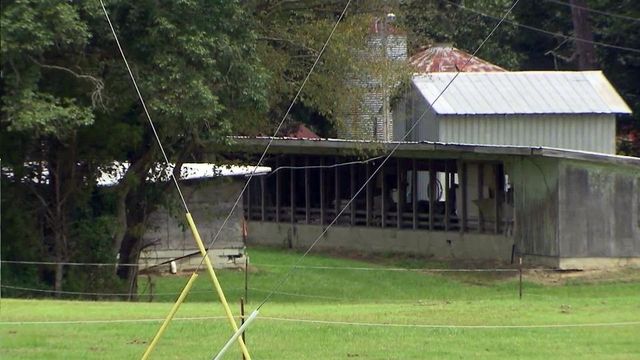Rural counties fret over change to NC's business-recruitment efforts
The change in economic development strategy in North Carolina is raising new tensions between the state's urban and rural areas.
Posted — UpdatedThe McCrory administration is steering away from regional development groups to a privately led recruitment model, but some leaders in rural areas worry that could create a greater economic divide between the haves and the have-nots.
North Carolina's northeastern counties represent small town – hard-working but also prone to hard times.
"We have a unique region, but it's a poor region that needs some resources," said Van Rogerson, president and chief executive of the North Carolina Northeast Alliance, which has handled economic development for 16 counties in the northeast corner of the state.
The combined population in those 16 counties is 366,000 – less than the city of Raleigh – and the poverty rate is higher.
The state's shift away from government-backed regional economic development groups like the Northeast Alliance to a private nonprofit model leaves rural areas nervous.
"We cannot raise enough money to maintain a viable recruiting operation," Rogerson said.
Edenton Mayor Roland Vaughan said he worries that a strategy to reel in big economic development fish could drown out already disadvantaged areas.
"To think that you're going to impose a one-size-fits-all approach to (business recruitment) just is not going to work," Vaughan said.
More than half of the counties in northeast North Carolina have a median income that's in the bottom 25 percent of the state, which he said doesn't help attract big companies and skilled jobs.
"We're not getting a lot of feedback from our efforts to tell our story, so we're not really sure what the future holds for us," he said.
Commerce Secretary Sharon Decker argues that the old model may be on the way out, but the new way will help, not hurt, rural areas.
"You can't keep doing things the same way and expect suddenly we'll get a different result. We've had to rethink all of that, and that change sometimes is painful," Decker said. "We are making progress. It is difficult. Change is hard, but I feel we are moving in the right direction."
The commitment by the state to rural counties is different but still there, she said, noting that the state handed out $33 million in rural grants over the past year.
The Northeast Alliance has money to operate for two years. After that, the future is unclear.
"My greatest fear is that we are left to do it on our own," Vaughan said. "We can do it, but we do need some help."
• Credits
Copyright 2024 by Capitol Broadcasting Company. All rights reserved. This material may not be published, broadcast, rewritten or redistributed.






